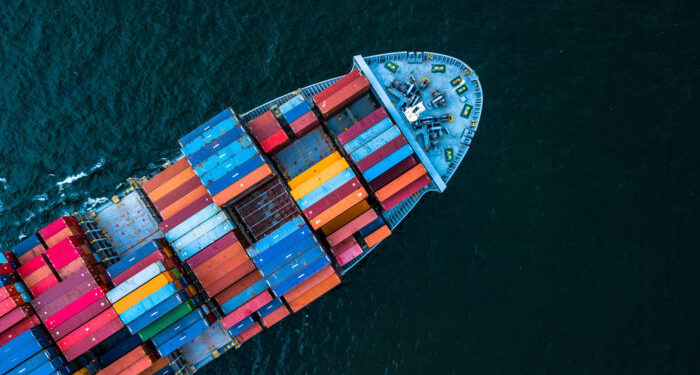Maersk asked its customers for patience as COVID-19 outbreaks bring further disruption to global supply chains.
Namely, in a customer advisory note and operational update, Maersk informed that it was working with port authorities and other parties to take measures, such as slower ocean transits, opening substitute container depots and moving cargoes by other transport modes, as “the strain to continue for some time still.”
In fact, waiting times for vessel berthing across troubled terminals vary from none at Bremerhaven NTB and Gdansk to seven-10 days at Felixstowe.
Maersk also shared details of operations at six North American terminals, of which five were listed as having critical yard densities:
- Long Beach
- Los Angeles
- Seattle
- Vancouver
- Prince Rupert.
More specifically, waiting days for berths were longer at the North American terminals, with six days at Oakland, 10 days at Seattle and Prince Rupert, 14 days at Vancouver, 0-28 days at Los Angeles and 38-45 days at Long Beach.
In addition, Maersk gave emphasis on a COVID-19 outbreak in Beilun, a district of Ningbo in China, saying that:
Of the five container terminals in Ningbo, three terminals are located near the epidemic area but is so far operating with no positive cases reported
While vessel calls and departures had remained normal so far, “trucking services in Jinhua Yongkang, the mid-high-risk area of Beilun and the area outside the Zhejiang province are suspended under the strict regulation by the epidemic prevention policy.”
Sea Intelligence agrees with the claims by Maersk, as it said that container terminal congestion is getting worse as the industry moves into 2022.
All the available data shows that congestion and bottleneck problems are worsening getting into 2022, and there is no indication of improvements as of yet
Sea-Intel stated.






























































